Autumn Budget: Support for Households
As anticipated, the Government has implemented several tax changes in its bid to repair public finances and raise additional revenue for funding public services.
Chancellor Rachel Reeves stated her intention to fuel public services with tax revenue, saying: “Because of the difficult decisions that I have taken on tax, welfare and spending, I can announce that I am providing a £22.6bn increase in the day-to-day health budget.”
She was also quick to reassure that Labour’s pledge to protect working people from tax hikes would be upheld.
Two years after inflation peaked at 11.1%, resulting in ongoing pressure on UK household budgets, Rachel Reeves’s Autumn Budget introduced a range of measures to support households, balancing immediate relief with longer-term initiatives. The Budget addressed essential expenses such as housing, fuel, energy, and wages as the major cost-of-living pressures, aiming to create greater financial stability for millions.
ENHANCED HOUSING SUPPORT AND NEW SOCIAL HOMES
The Chancellor addressed housing needs with a £500m investment dedicated to constructing 5,000 new affordable homes, increasing the Affordable Homes Programme annual budget to £3.1bn. This measure targets the housing crisis by increasing affordable housing availability, especially for lower-income households. Additionally, the Government has announced plans to consult on a new five-year rent settlement for social housing in England, with the rent cap set to rise with the Consumer Prices Index plus 1% annually. These initiatives aim to stabilise rent levels and alleviate housing insecurity, supporting vulnerable families in accessing safe and affordable accommodation.
HOUSEHOLD SUPPORT FUND EXPANSION
To protect vulnerable people, the Government will provide £1bn to extend the Household Support Fund and Discretionary Housing Payments in 2025/26, which will be used by local authorities to address immediate hardship and crisis. The fund is distributed via local councils and provides crucial financia support for essentials such as food, utilities, and other household expenses. Councils can manage these funds to tailor support to community needs, including cash grants, food vouchers, and energy assistance. The fund also covers critical needs like energy-efficient appliances to reduce future bills, preventive support like warm spaces, and targeted help for low-income families, pensioners, and individuals with specific needs.
SUPPORT FOR CARERS
The Autumn Budget has enhanced support for unpaid carers by increasing the carer’s allowance weekly earnings limit to the equivalent of 16 hours of work per week at the national living wage.
This represents a £45 per week increase in the amount carers can earn while still qualifying for the allowance. An estimated 60,000 additional carers can now access this important financial support.
FUEL AND CONSUMER DUTIES
Fuel duty has been frozen, and the 5p cut extended for another year, providing a £3bn tax cut that will save the average car driver £59 in 2025/26.
Alcohol duties will see, with effect from 1 February 2025:
Non-draught products increasing with RPI inflation.
Draught products duty cut by 1.7%, reducing average pint price by 1p.
New duty regime supporting British pubs and smaller brewers.
BUS FARE CAP EXTENDED
The Budget also extended the single bus fare cap for another year, capping fares at £3 per journey from January 2025 (up from £2 currently). This measure helps make public transport more affordable for regular commuters and those reliant on buses for daily travel. While England sees the extended cap, other parts of the UK have varying fare policies: Northern Ireland recently increased fares, while Scotland provides free bus travel to residents aged 60 and over, under 22, and those with disabilities. Wales, meanwhile, sets fares locally.
REDUCTION IN UNIVERSAL CREDIT DEBT DEDUCTIONS
For individuals on Universal Credit, the Budget brought welcome news with a reduced cap on monthly debt deductions, lowering it from 25% to 15% of payments starting in April 2025. This change is intended to ease financial strain for those managing debt repayments on essential costs like rent, council tax, and utility bills, ultimately increasing disposable income.
The Government estimates that this will benefit around 1.2 million households, allowing them to keep an additional £420 per year on average of their Universal Credit payment.
ENERGY PROFITS LEVY
The Government raised the Energy Profits Levy on oil and gas companies from
35% to 38% in response to volatile global energy markets. Revenue from this levy is expected to fund energy support initiatives, helping to keep household energy costs manageable. By targeting a sector benefitting from current energy prices, the Government is seeking to balance household energy affordability with fiscal responsibility.
ADJUSTMENTS TO CAPITAL GAINS TAX
CGT rates will increase, with the lower rate rising from 10% to 18% and the higher rate from 20% to 24%.
The increased tax revenue will help fund essential public services, indirectly supporting households across the UK by reinforcing fiscal stability and funding social support schemes.
Download a full copy of the report here.
